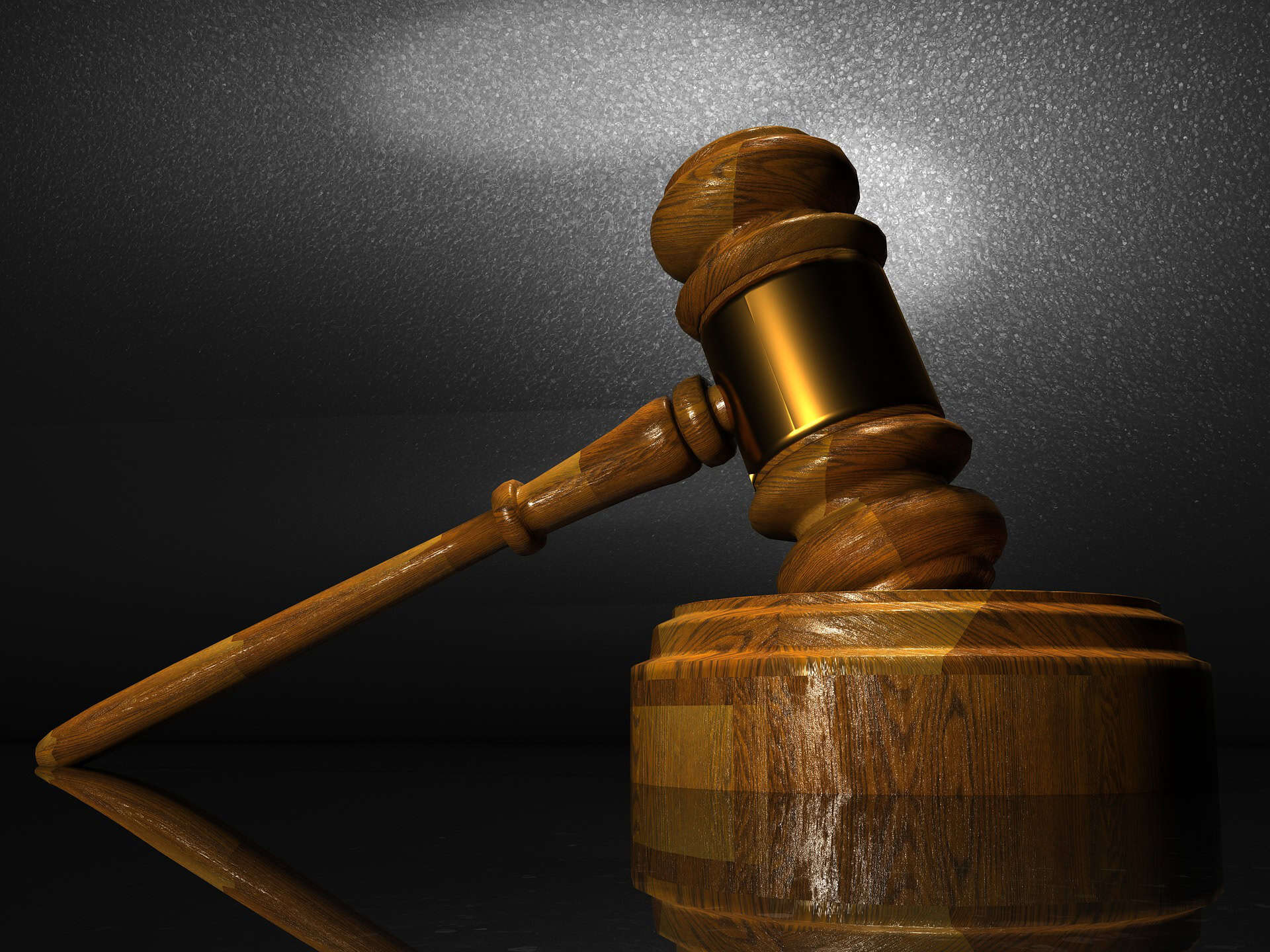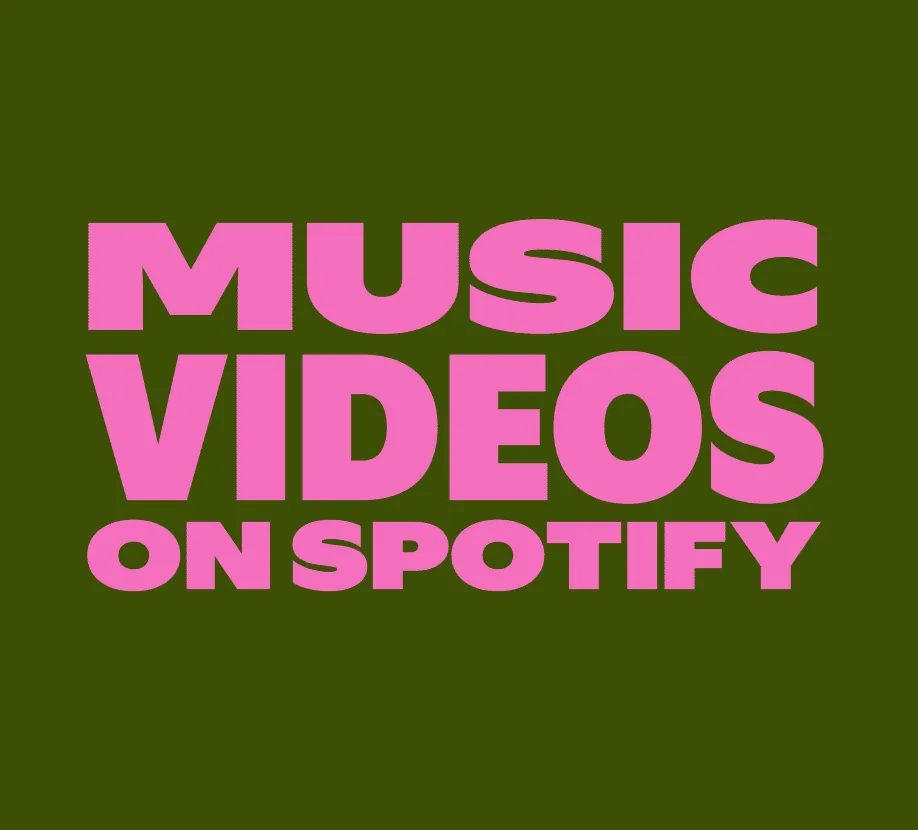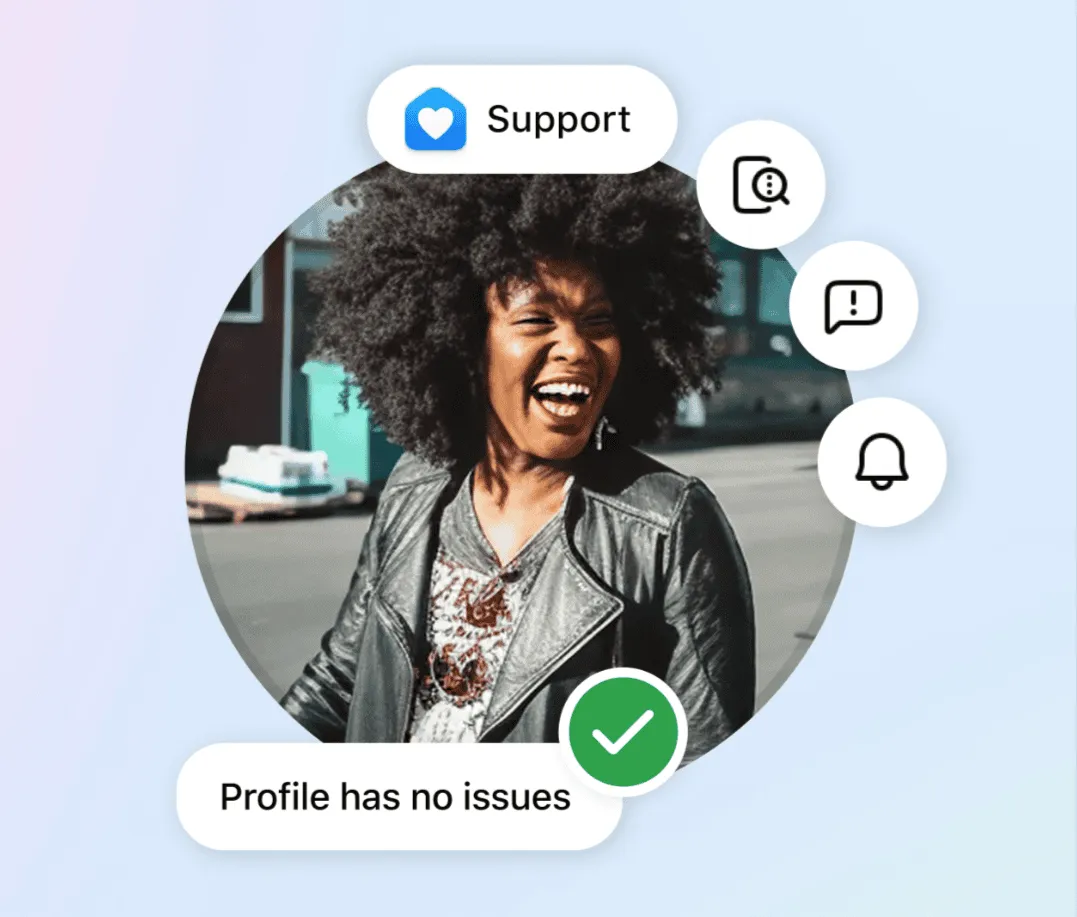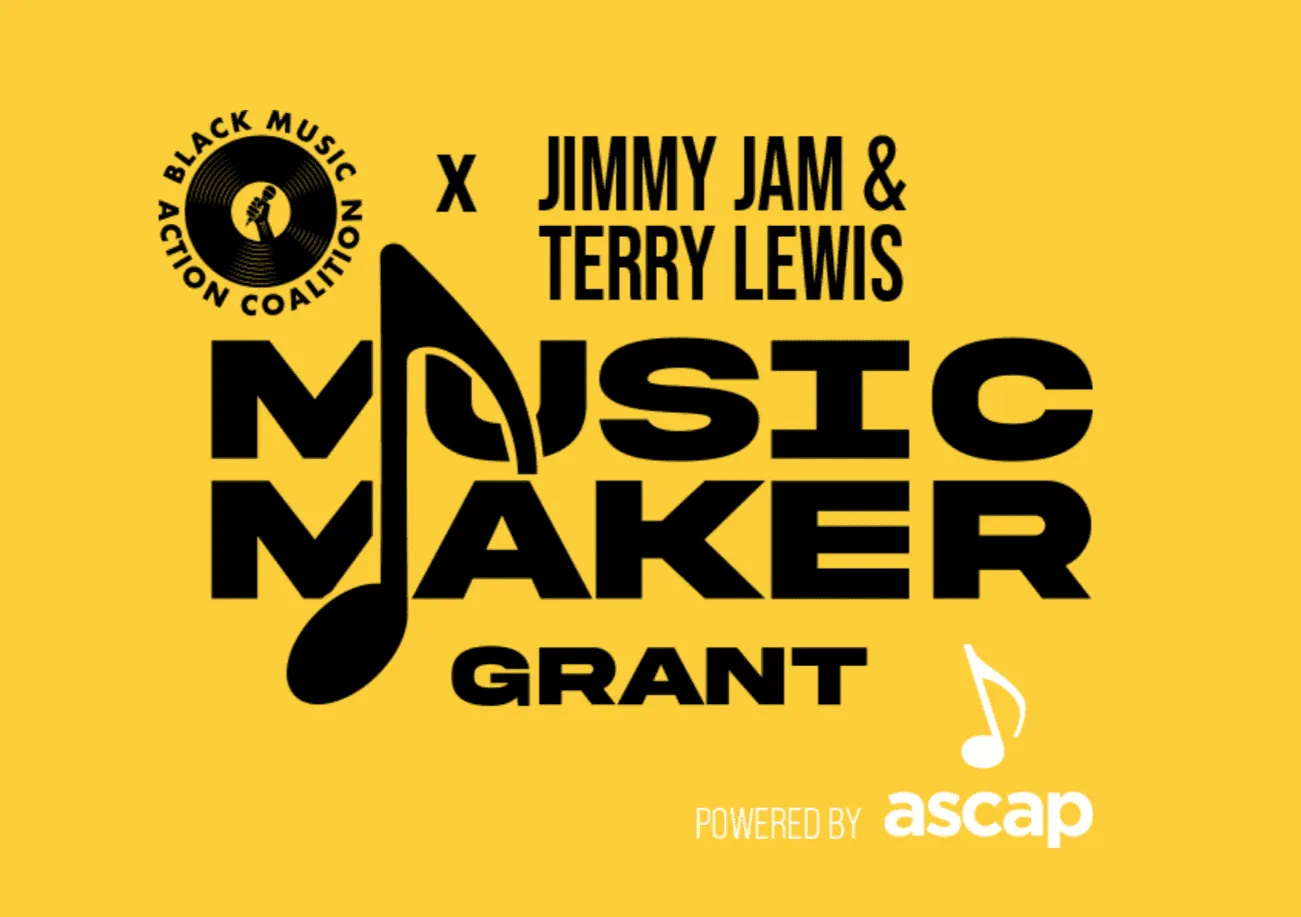by Chris Castle from Music Tech Policy
Protections for creative workers from AI is at the heart of the SAG-AFTRA and Writers Guild strikes and we would do well to pay attention because Silicon Valley is coming for the music business, too. In fact, they are already inside the gates.
There’s been some coverage of supposed “early stages of negotiations” (whatever that means) between Universal and Warner with Google over a generative AI product offering. These appear to be bilateral deals, i.e., Universal and Warner each negotiating with Google separately for the same type of licensing deal for a Google AI product.
The closest quote I’ve found on these negotiations is this from YouTuber Robert Kyncl, currently CEO of Warner Music Group:
Warner’s Chief Executive Robert Kyncl told investors earlier this week that “with the right framework in place”, AI tech could “enable fans to pay their heroes the ultimate compliment through a new level of user-driven content […] including new cover versions and mash-ups”.
Really? “Their heroes”? Ok Pops.

When you look up “Not A Record Man” in the dictionary, there’s a picture of YouTuber Kyncl. Yes, according to the latest embarrassment to Mo Ostin, the “ultimate compliment” is to rip off an artist to the great profit of Google. Because remember when they tell you how much money YouTube pays in royalties, it’s a revenue share deal because sharing is caring. YouTube makes at least as much as the royalty payment and they also scrape that data and very likely have been using YouTube to train Google’s AI just like they use Google Books for corpus machine translation and a host of other nondisplay uses.
Here’s a thought; what if the “ultimate compliment” is not a deep fake but it’s to buy or at least listen to the record the artist produced? Or the book? Or the photograph? Or the movie?
The problem with doing business with Google is that what they really want is a safe harbor or copyright exception they can use as a stick to jack you around. They will look at any license the same way. If you make an AI deal with Google, the point isn’t the deal itself, oh no. The point is the cover that the deal gives Google to rob you blind in the background and maybe right in your grille. Google will find all kinds of reasons not to pay you or make it virtually impossible to audit Google to see if you are getting paid correctly to the extent they even bother.
My bet is what they really want is to get the nose of the camel in the tent so they can use all music to massively train their AI algorithms, or more likely give cover to the training they’ve already been doing by snarfing down the entire Internet. A license will be a facade to mask their own training operations. Which they would prefer to be in place before the massive lawsuits come down on their heads with no safe harbor or copyright exception. And when you need help like that, you go to friends in the bullpen like guess who?
Mr. Kyncl drones on about AI in the recent Warner earnings call:
Today, there are obvious similarities with AI. Working with our artists and songwriters, we’re leaning in, moving fast, and working with a network of partners, including both generative AI engines and distribution platforms. Many Warner artists are already exploring impactful ways to use generative AI to create, augment, and remix their music. We have some great examples from big names on the way later this quarter. Other artists are using generative AI for visuals, with artists like metal band, Disturbed and dance producer, Riton, and the superstar rock band, Linkin Park, all creating highly impactful music videos.
Interesting details: According to sources, Linkin credits Kaiber which apparently uses Stable Diffusion AI, Disturbed uses Midjourney, and Riton reportedly uses a Stable Diffusion platform developed by the Warner Global Data Science team. Recall that one of the AI first class actions was brought by graphic artists against–wait for it–Stable Diffusion and Midjourney (Sarah Andersen, Kelly McKernan, and Karla Ortiz Music v. Stability AI, Midjourney, and DeviantArt). According to the lawsuit, both these platforms use unlicensed copyrights to train their AI. Good thing that Warner is “leaning in and moving fast.”
These “licenses” are likely to toss artists some pittance based on the horrific YouTube revenue share deals and fail the artist approval step. If Warner is bragging about using unlicensed AI training platforms, it doesn’t seem likely that they’ll be taking that approval step too seriously.
Universal, on the other hand, has many public statements by senior management making it very clear that the goal is a compensation and accounting structure that is meaningful. One example is Jeff Harleston’s recent testimony at Senate Judiciary:
Long before an AI-generated recording imitating Drake and The Weeknd – both Universal Music artists – went viral and captured the attention of press and policymakers, UMG has been thinking about artificial intelligence. One of our companies, Ingrooves, has three patents in AI to assist with marketing independent artists. And AI has long been used as a tool in the studio: For example, Apple Logic Pro X to generate drum tracks, or Captain Plugins to generate chord progressions. We also use AI regularly as a tool to assist in creating Dolby Atmos immersive audio music. It’s a great technology when employed responsibly – and one that we and our artists use.
However, we are before you today because generative AI is raising fundamental issues of responsibility in the creative industries and copyright space. Each day, troubling examples emerge. We know some generative AI engines have been trained on our copyrighted library of recordings and lyrics, image generators have been trained on our copyrighted cover art, and music generators have been trained on our copyrighted music, all without authorization.
We have a robust digital music marketplace, and UMG has hundreds of legitimate partners who’ve worked with us to bring music to fans in a myriad of ways. Those companies and services properly obtained the rights they need to operate from UMG, or from the associated record labels and publishers. So, it’s unfathomable to think AI companies and developers think the rules and laws that apply to other companies and developers don’t apply to them.
Karla Ortiz, a concept artist and illustrator who worked on Marvel films such as “Guardians of the Galaxy,” “Black Panther” and “Doctor Strange,” told the committee that she was “horrified” by how much unauthorized use of her work has popped up on the internet through use of AI.
“I have never worried about my future as an artist. Until now,” Ortiz said. “Generative AI is unlike any other technology that has come before. It is a technology that uniquely consumes and exploits the hard work, creativity and innovation of others. No other tool is like this.”
Ortiz told the panel that she found that “almost the entirety of my work, and the work of almost every artist I know” has been lifted by AI companies and fed into software programs to train on coming up with new AI content.
“These works were stolen and used to train for-profit technologies with datasets that contain billions of image and text data pairshe. The work of hundreds of thousands of artists have been taken without our consent, credit or compensation,” she said.
I would find it very hard to believe that Universal will roll over on the principled statements its executives have made about AI like Michael Nash and Lucian Grainge. I would particularly find it difficult to believe that Universal would make the catastrophic mistake of doing yet another hillbilly deal on streaming after making specific pronouncements about improving streaming royalties from the ground up. It’s hard to undo a crappy streaming deal, but making a crappy AI streaming deal will make it exponentially harder when Spotify and Google et al will rub your nose in the AI benchmark.
On the other hand, I’m not so sure I trust Mr. Kyncl to lean in and move fast to fairness. But at least he could brag about partnering with someone not also known as “defendant.”





